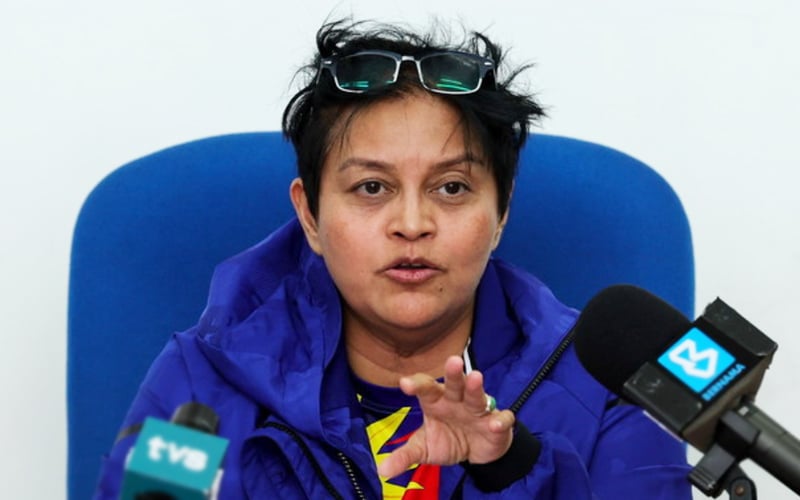
PETALING JAYA: The government must give existing investigative bodies more power, even as it considers forming a special one to probe complaints of abuse of power among officials, say various stakeholders.
Lawyer M Ramachelvam lauded the government’s plans for the proposed new oversight body but said the move highlights weaknesses in existing agencies.
He cited the Enforcement Agency Integrity Commission (EAIC) and the Independent Police Conduct Commission (IPCC) as examples.
“The government should also vest EAIC and IPCC with the necessary and requisite disciplinary powers for these two commissions to effectively carry out their duties,” he told FMT.
In the past, civil society groups had labelled the EAIC and IPCC toothless as they lack enforcement powers.
Ramachelvam, a former chairman of the Bar Council’s IPCC task force, also said it was regrettable the disciplinary powers set out in the Independent Police Complaints and Misconduct Commission Bill 2019 were removed from the IPCC Act.
On Monday, law and institutional reform minister Azalina Othman Said said the government was weighing the establishment of a special investigative body to probe officials.
Suaram executive director Sevan Doraisamy echoed the call to beef up existing agencies.
“The mandate of existing commissions is primarily limited to investigations, with no powers to compel disciplinary action against a public official,” he said.
He cited the IPCC as an example, pointing out that it is not allowed to visit detention centres without prior notice and can only recommend its findings to the Police Force Commission, with no authority to compel it to take action.
Universiti Kebangsaan Malaysia law lecturer Salawati Mat Basir welcomed the government’s move, saying “the public will develop the confidence to report abuse of power without fear”.
She said many top officials are corrupt and their subordinates are forced to follow their orders. - FMT



No comments:
Post a Comment
Note: Only a member of this blog may post a comment.